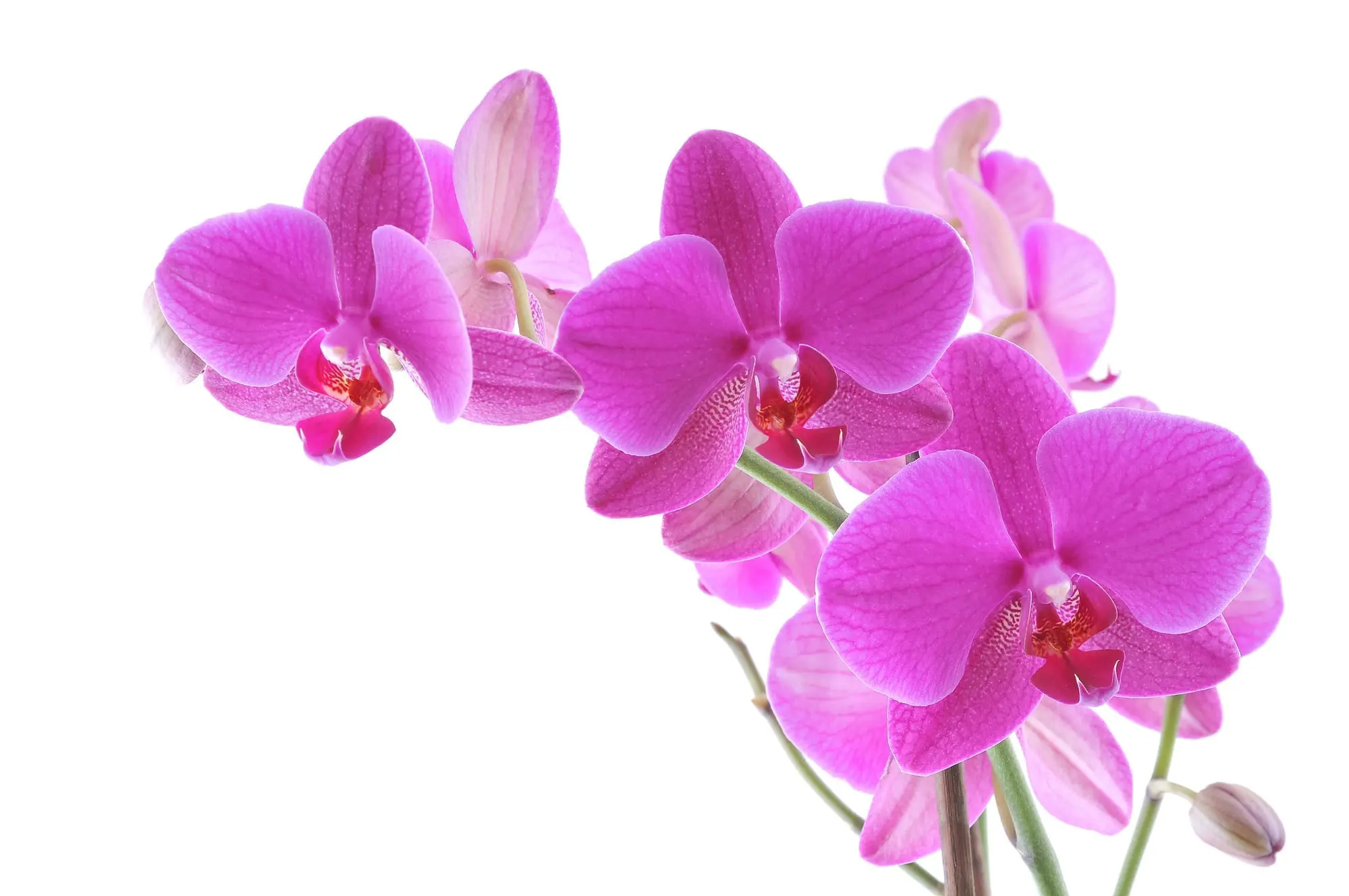How Do I Take Care Of an Orchid Flower?
There are about 26,000 species of Orchids. Orchids are pleasant-smelling, colorful plants that you can grow both indoors and outdoors. Also, the Orchid flower blooms longer than most other flowers. Orchids like Phalaenopsism, for example, can bloom for up to three months indoors.

There are about 26,000 species of Orchids. Orchids are pleasant-smelling, colorful plants that you can grow both indoors and outdoors. Also, the Orchid flower blooms longer than most other flowers. Orchids like Phalaenopsism, for example, can bloom for up to three months indoors. These are some of the things that make them attractive to flower growers.
Fiesta Flowers offers some tips on how to take care of an orchid flower:
Caring for an Orchid in bloom
When you buy an Orchid, it is most likely placed in a moss-filled pot with no holes under it. To check if you already need to water it, put your finger in the potting mix that holds the Orchid. The mix can be made of moss, soil or bark. Pull out your finger and rub your fingers together. Do you feel any moisture? If none, it’s time to water the plant.
Put enough water that won’t let the roots soak. Orchid roots that are soaked in water make them susceptible to rotting and other problems.
Unfortunately, it’s not advisable to repot the Orchid when the flowers are blooming. If the current pot has no holes for the water to drain, make sure to put only a little water on it.
You may need to water it after a few days or even after two weeks. Make sure to water it before the moss or bark becomes dry. You’ll also need to consider humidity, air movement, light and the potting mix before you water the orchid.
Place the plant in a mild, warm and humid environment. Growing it in a cold area or under the sun will harm the plant.
Caring for an Orchid after bloom
Once the flowers are gone, gently cut the old flower spike near the base.
You can also repot your Orchid in a clear plastic container with holes under it. This will make it easy for you to see whether the plant is moist or dry. If the plant is moist, you’ll see some condensation inside the pot.
Choose a pot with holes, so you can remove excess water. You can also drill holes on the pot. Remember, if you bought it in a fancy container, it doesn’t mean it’s the right one.
Moss or Bark?
Choosing between moss and bark also depends on the type of Orchid you have.
Moss is like a sponge, which takes longer to dry out. Lady Slipper and Nun’s Orchids thrive in moist environments. For these types, moss is a better option.
Bark holds little water. Phalaenopsis and Cattleya are best grown with bark potting. They prefer drying out completely before being watered.
Bark decomposes over time. It is advisable to repot in new bark every 1 to 2 years. To do this, gently pull up your Orchid and remove the old bark. Cut the dead roots or the dark and dried up roots. Return the Orchid into the pot with the new bark.
You may also opt to grow your Orchid in a coarse-textured potting mix. You can use a mixture of charcoal, bark and perlite. This helps provide proper air circulation.
The key is to water the plant one day before the moss or bark dries out.
How to fertilize Orchids
Experts advise using only a quarter of the recommended amount that you see on the fertilizer label. So, if the label indicates using 1 spoon of fertilizer, you’ll just need one-fourth of the amount. Mix the fertilizer in water and use the solution every time you need to water the plant.
Light
If you’d like to place your Orchid near the window, it’s best to have a sheer curtain or some sort of filtering. This will prevent the plant from being exposed to strong indirect sunlight.
Experts recommend placing it on an east-facing windowsill.
Humidity
The dry atmosphere of an air-conditioned home may not be healthy for an Orchid. It’s advisable to set the Orchid pot on a moist bed of gravel.
If you’re new to Orchid planting, you can start with Nun’s Orchid (Phaius) or the Phaiocalanthe. You can also try the Tropical Lady Slipper Orchids (Paphiopedilum). These Orchids require minimum care. Regular watering and giving them average light would do.
To sum it up, to properly care for an Orchid flower, you’ll need the right potting mix and average light exposure. More importantly, you’ll need to give it the right amount of water at the proper time.
If you’re interested to learn more about how to take care of an orchid flower, contact Fiesta Flowers Plants & Gifts at https://fiestaflowersaz.com.
You should also check out our ultimate guide to taking care of your flowers. There are 3 parts to this series.
Recent Posts
Year : 2025
Year : 2024
Year : 2023
Year : 2022
Year : 2021
Year : 2020

